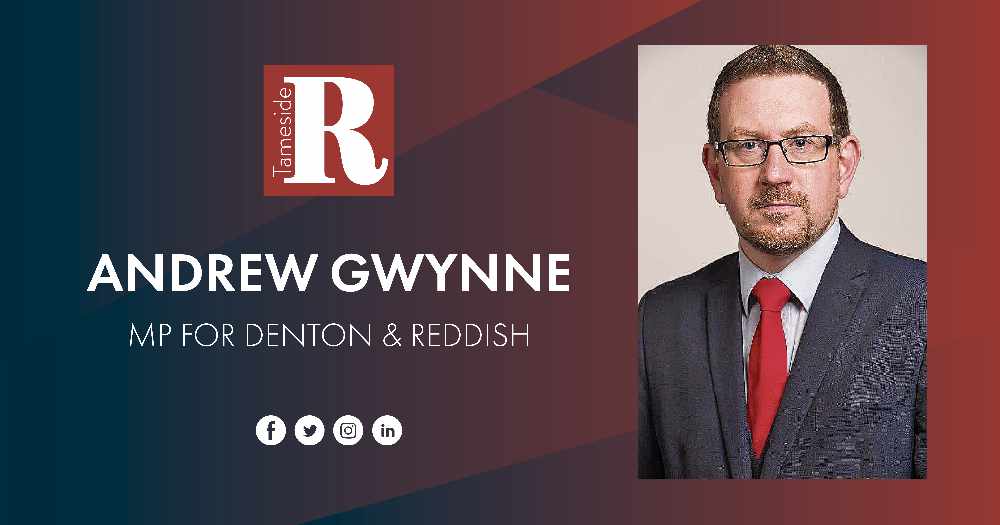
Last week, I had the pleasure of meeting my constituent and campaigner Hannah Molloy to discuss the My Vote My Voice campaign.
This campaign was developed by United Response, Dimensions, Mencap and those who receive support through these organisations.
It works to empower people with learning disabilities to vote and to remove barriers to inclusive voting.
It was fantastic to speak with Hannah, to hear about her passion for politics, and to understand some of the barriers to voting for those who are autistic or have a learning disability.
Hannah’s work could not be more important, especially with the backdrop of new voter ID laws that have seen people with disabilities turned away from voting booths. Concerns have been raised by My Vote My Voice that in the most recent local elections, there were problems with physical access, a lack of information in accessible formats and other systematic issues.
I’ve always believed that casting your vote should be as accessible as possible. I never want to see people turned away from booths for exercising their democratic rights. It’s bad for the individual, but ultimately also bad for our democracy.
As we look towards a general election, likely to fall at some point over the next 12 months, it’s important that we urgently listen to the experiences of people like Hannah who find themselves facing unnecessary barriers when they try to vote.
Following my meeting with Hannah, I was inspired to become a Voting Champion for My Vote My Voice. This means raising awareness of voting issues, but also looking to drive change locally and nationally.
I’m really looking forward to championing this cause. On Fridays, when I come home from Westminster, I usually visit local schools, community centres or meet with constituents. Week in, week out, I’m really enthused by people in Tameside who want to have their voices heard, and to make politics more reflective of their needs.
Campaigns like My Vote My Voice feed into this.
They hold governments to account and ensure that our voting systems remain fit for purpose in 21st century Britain.
If we want Britain to be a fairer and more prosperous place, then we need their voices more than ever.


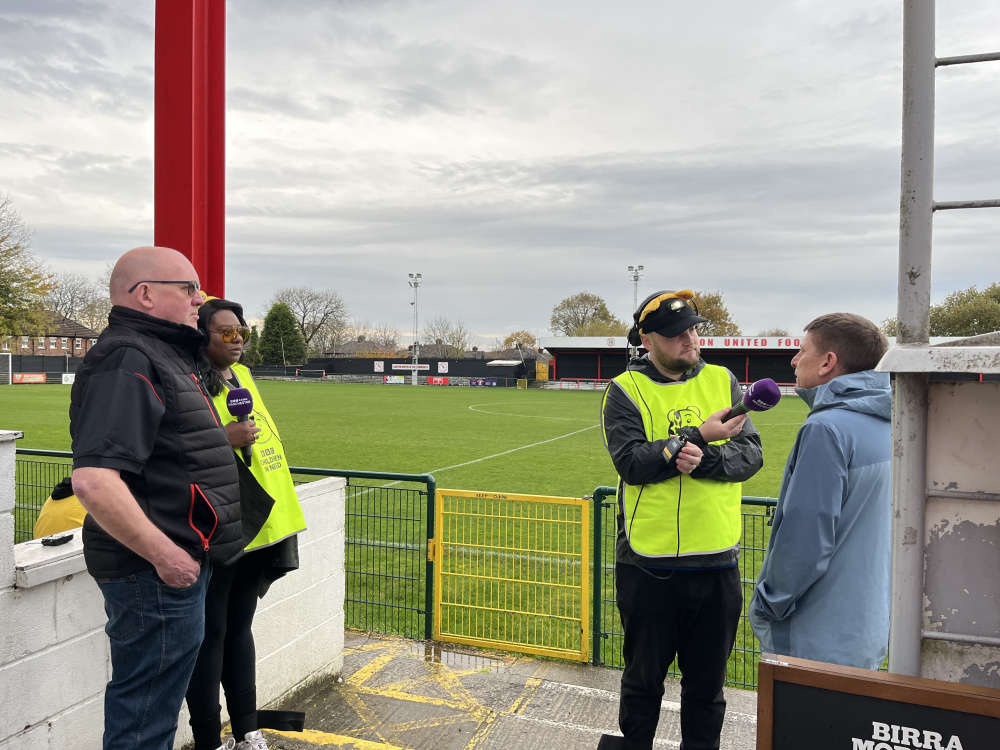 BBC Radio Manchester visits Hurst Cross for Children in Need Challenge
BBC Radio Manchester visits Hurst Cross for Children in Need Challenge
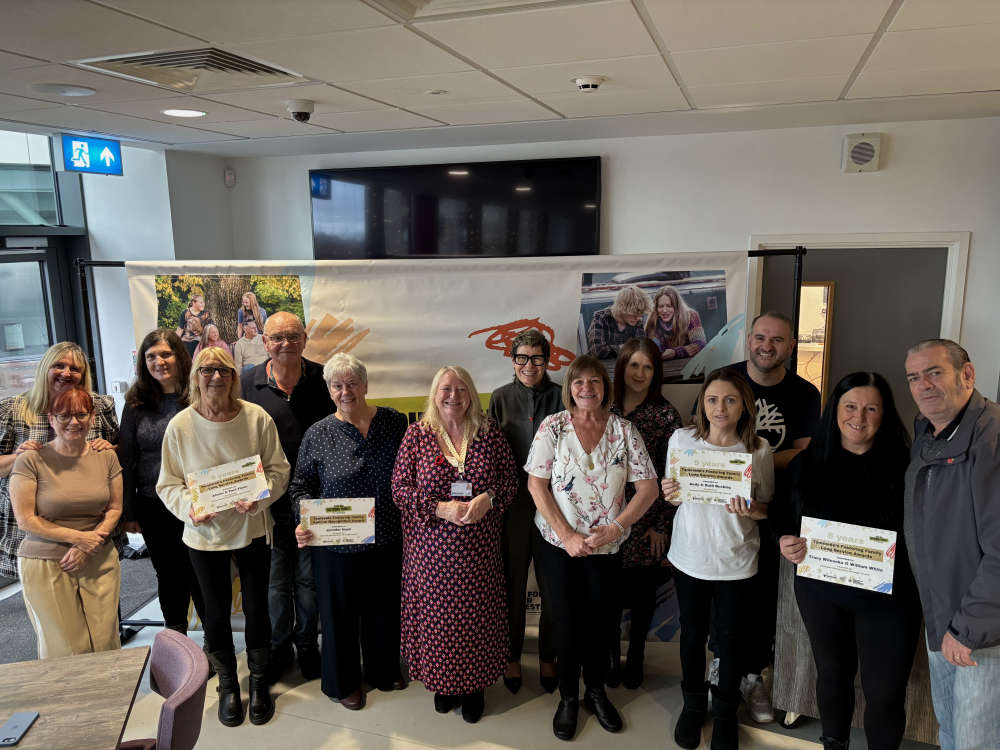 Tameside foster carers honoured for life-changing dedication
Tameside foster carers honoured for life-changing dedication
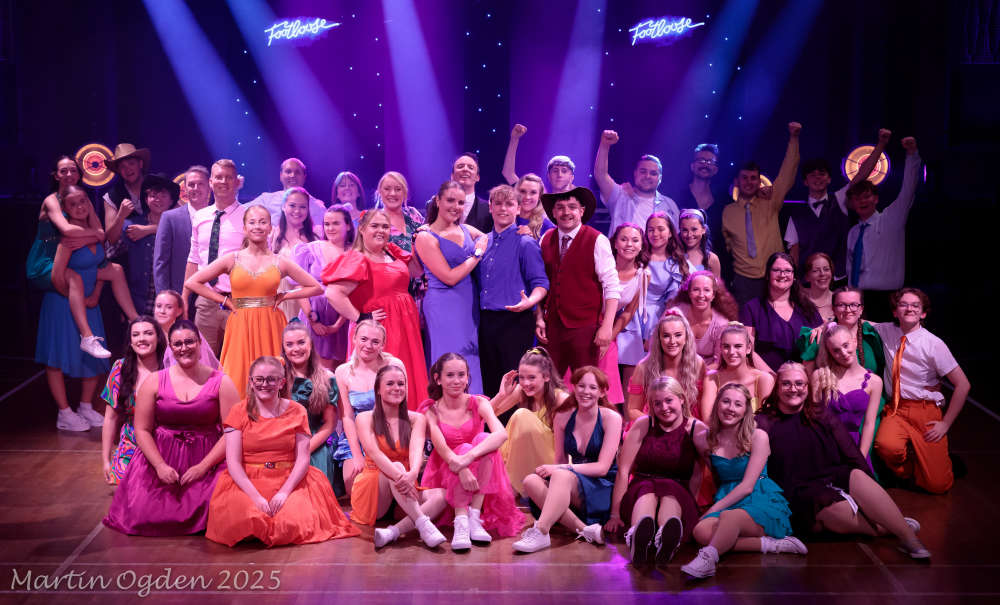 TADAA cut Footloose in phenomenal style
TADAA cut Footloose in phenomenal style
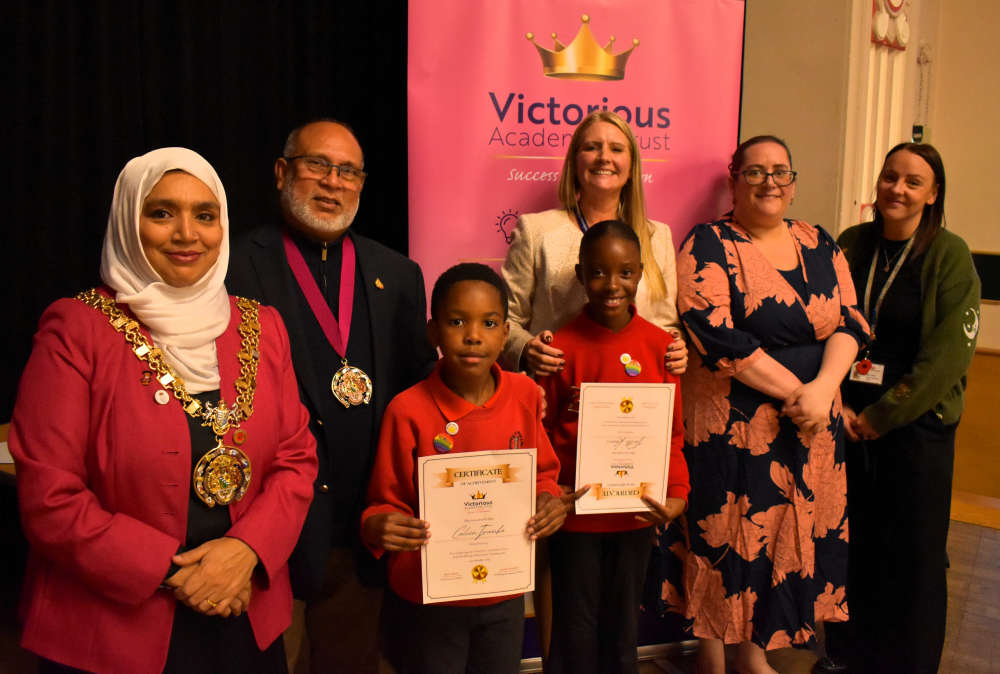 Young wellbeing ambassadors lead the way across Tameside schools
Young wellbeing ambassadors lead the way across Tameside schools


